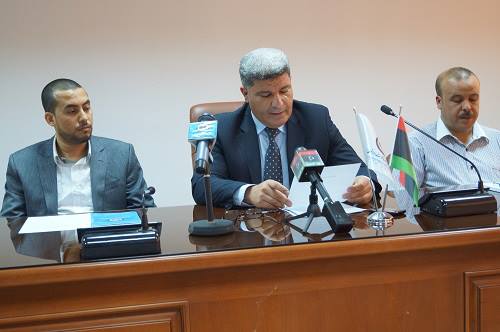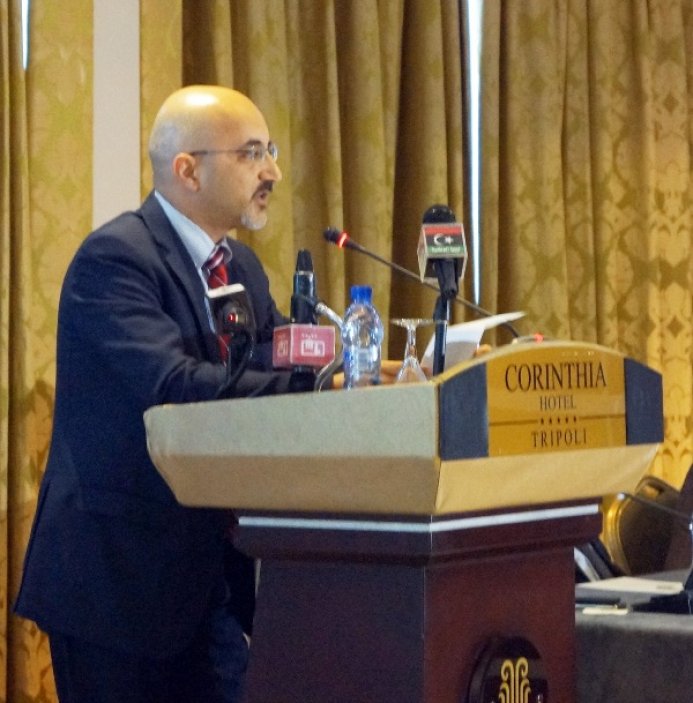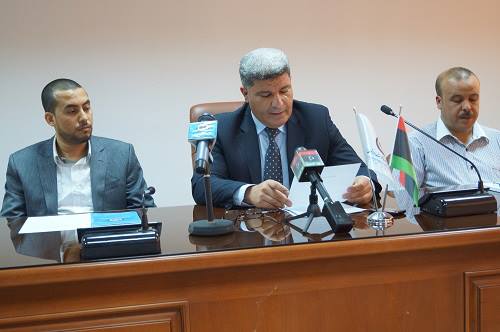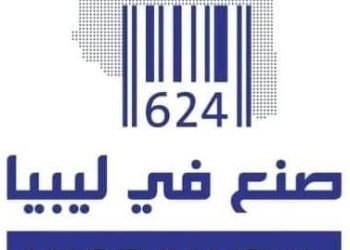By Staff Writers.

Tripoli, 4 September, 2013:
Government websites and Facebook pages have been subject to breaches said Mohamed Bilras Ali, the undersecretary . . .[restrict]of the Ministry of Communications and Informatics (CIM).
Bilras Ali told Ajwa Leblad News that hacks were numerous, making sites vulnerable. The undersecretary did not specify who was responsible for the intrusions and did not confirm if the attacks were acts of sabotage or for spying.
In a statement to Libya Herald, Deputy Director of the National Information Security & Safety Authority (NISSA), Esam Abulkhirat, indicated that in 2013, several sites with the Libyan “.ly” domain had been hacked and compromised, in what is known as “website defacement”. Deficiencies in web design and the lack of periodical security updates were the primary reasons for the successful attacks. The affected sites have been identified and problems fixed, stated Abulkhirat, adding that educational leaflets were distributed to site administrators, to help them avoid and manage such problems.
The National Information Security & Safety Authority is spearheading a drive for state institutions secure systems for the exchange of information. Under the patronage of the Ministry of Communication, NISSA organised Libya’s first conference on cyber security at the Corinthia Hotel last week. The annual event aims to “promote and support the use of secure information technology resources and communications, as well as the prevention, detection and effective response to associated risks”.

In opening remarks, Minister of Communications, Osama Siala, said modern technology and the importance it played in various aspects of daily life, meant that cyber security was critical. Indeed, it was among the most important issues facing the country. Online users needed to trust the systems.
However, it is not only electronic sites that have been subject to attacks.
On 28 August, an act of physical sabotage destroyed the main entry point that houses the fibre optic cable in Derna. The destruction resulted in damage to the underwater cable and interrupted internet service to Tobruk, Sousse and Derna. Other areas were unaffected said Bilras Ali, services continued thanks to an automated back up system.
In a statement appearing on the Ministry’s website, Bilras Ali apologized for the interruption and appealed to the public to help avoid a reoccurrence of such events, adding that work to fix the damages was ongoing, as well as investigations to identify the culprits.
With additional input from Nihal Zaroug. [/restrict]








